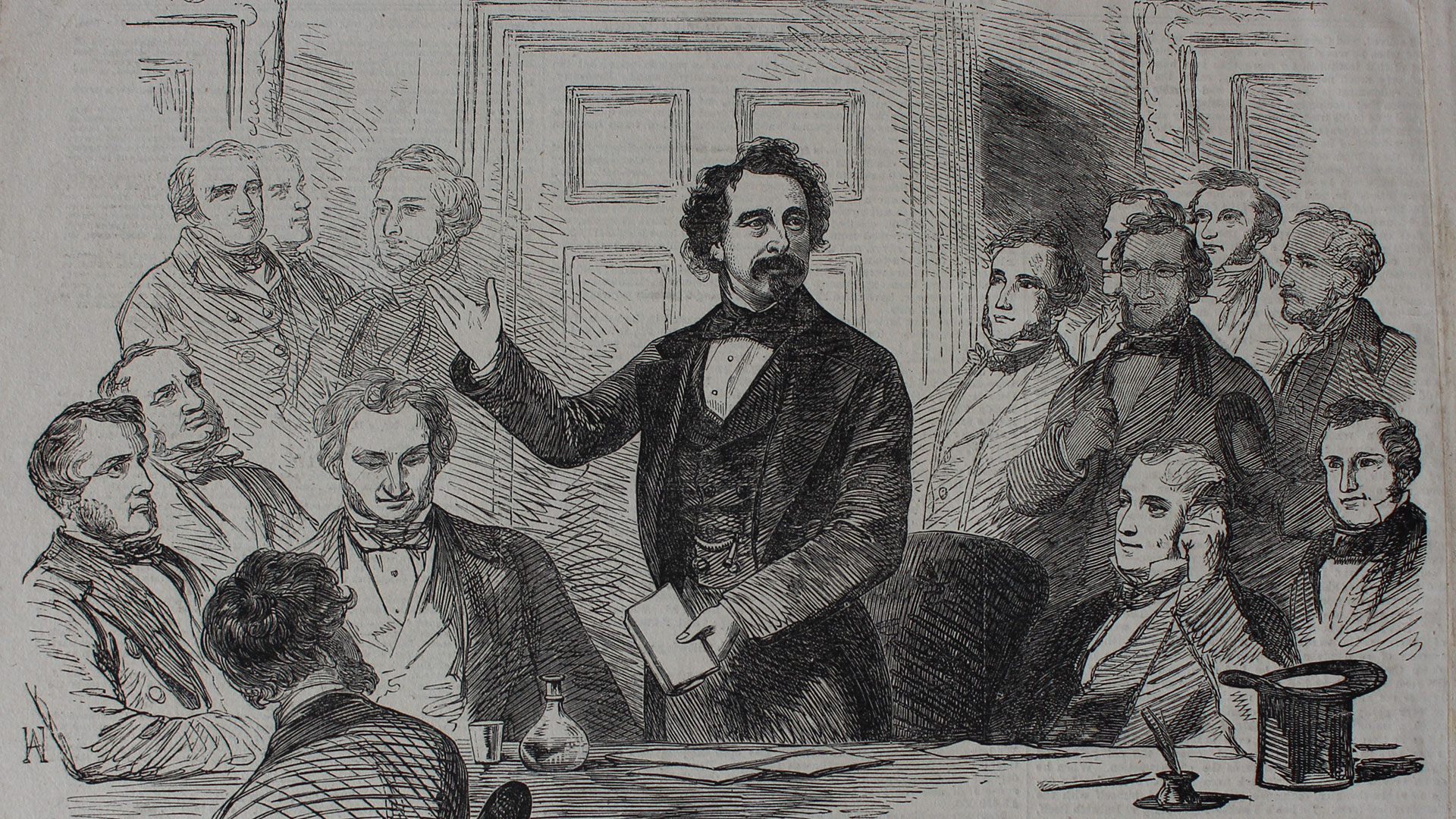I recommend if you ever get to wander the streets of London’s centre, go down by Kingsway and The Aldwych, right in the heart of London; and reflect on The Old Curiosity Shop.
Wordsworth wrote a great poem about looking at London called Upon Westminster Bridge. He was overawed by Westminster Bridge in the early years of the 19th century when the River Thames was thick with commerce; skiffs, and ships, boats and boatmen, sailors and lightermen.
Go and ponder on The Old Curiosity Shop, which even in Charles Dickens’ day was ancient. He based one of his books on it, full of love for the poor, the poor providing him with the richest of his rich characters. Ponder on this still old shop, surrounded by an increasing modernising cityscape, of office brick and glass. And see the old and new, with the new seemingly making the old feel under threat.
Like Wordsworth’s great poem you can see so much in this London that can overwhelm your thinking.
The poor, it would seem, had traditionally been seen as those that you did things to
Passing and stopping and looking at The Old Curiosity Shop last week probably unnerved me. I pondered and wondered. I was thrown by its continuity in an ever-grasping modernity, where every square inch of London sucks money from the rest of the UK, or imports it from places where money seems to grow on trees. Making London one vast piece of hot property. Where soon the red phone boxes, I imagine, will be available for rent on Airbnb.
The encroaching world that surrounds the old shop, now a storehouse for a shoe company, is not though your usual commercial plundering. It is The London School of Economics. The LSE has moved from a few fusty Edwardian buildings from a quarter of a century ago into a powerhouse, a campus of countless buildings right at the centre where capital usually is allowed to hold sway. The pursuit of knowledge and self-improvement for students is given full reign whilst old hotels are made brand-spankingly new, and old office blocks of post-war concrete are diversified into modern real estate.











